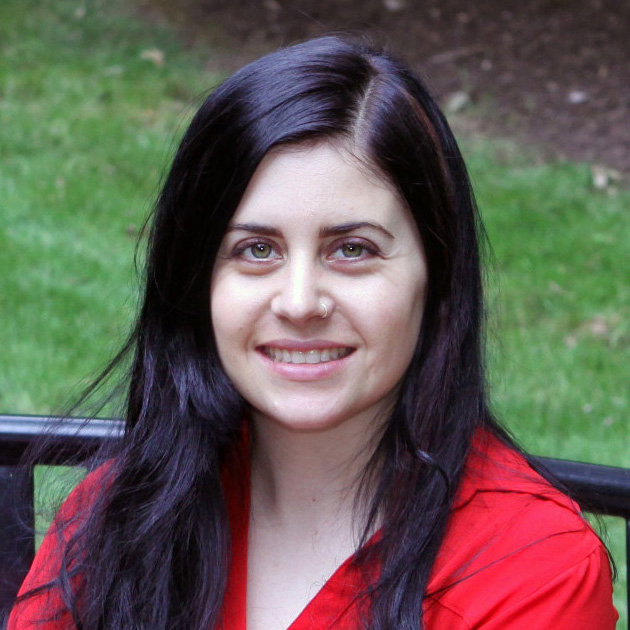Dr. Toni Crocilla (’15) has taught as an Adjunct Faculty member for several years. Below, Dr. Crocilla was kind enough to answer a few questions about teaching, her advocacy work, and what drives her passion for clinical psychology.

Where did you grow up?
I grew up in the south suburbs of Chicago, moving to the north side of the city after high school for a few years before migrating to Michigan.
What or who influenced you to study psychology?
Am I supposed to be honest here or say I had a yearning to help others? To be honest, I had a challenging upbringing and gravitated toward psychology because I needed to better understand myself, my dynamics, where I came from, and how that impacts the world around me. With some humility and growth, I found that the attainment of these new understandings and skills allowed me to better understand others and make money while doing it – always a bonus.
What appealed to you most about teaching at The Michigan School?
Certainly the familiarity of the campus and faculty got me started, since I earned my doctorate from (then) MSP. But it’s definitely the students that keep me coming back. Cohorts are diverse in ethnicity, age, and background, which make for a rich educational experience for faculty and students.
Please share a moment when you felt proud to be a teacher.
I have wanted to be a teacher since I was a little girl, so I feel honored all the time to have this position and share such great moments with the students. My favorite part, at least for my psychological testing courses (which tends to be a whole new language and daunting for most), is when the end of the semester comes around and students say some version of, “I didn’t know I would love testing so much! Thank you.” Thank you’s make it all worth it. Always.
What are you most passionate about in your professional life?
I enjoy advocacy and social justice work for those incarcerated and returning citizens. I am most passionate about aiding staff and clinicians who work in the criminal justice system to understand the population, clarify the associated difficulties in roles, and to find ways to improve treatment for the benefit of the client and the community.
What is your favorite non-academic book and why?
“The Giver” by Lois Lowry. I read it every year. I enjoy the complexities of utopian v. dystopian life and the power of perception that is provides.
What would people be surprised to learn about you?
I love reptiles and amphibians and have owned crocodiles, alligators, snakes, scorpions, tarantulas, lizards, and more. Currently I have a 5-year-old female pastel ball python named Monti Python, who is closing in on 5 feet now, and three salamanders (Stoli, Tini [short for martini), and Mojo [short for mojito]). Monti is often playing around in the grass when I am outside grading papers in the summer. 🙂
What advice would you like to share with incoming or current students?
Trusting the process is good, but I think there is more to it than that. You must also learn to enjoy the process – all of its unknowns, confusions, insights, fears, and glories. You’ll never learn more about yourself than diving head first into an advanced psychology degree. Embrace it. Be angry with it. Cry. Laugh. Fall apart. It’s all a part of the adventure. I promise you will be okay when it’s all done.